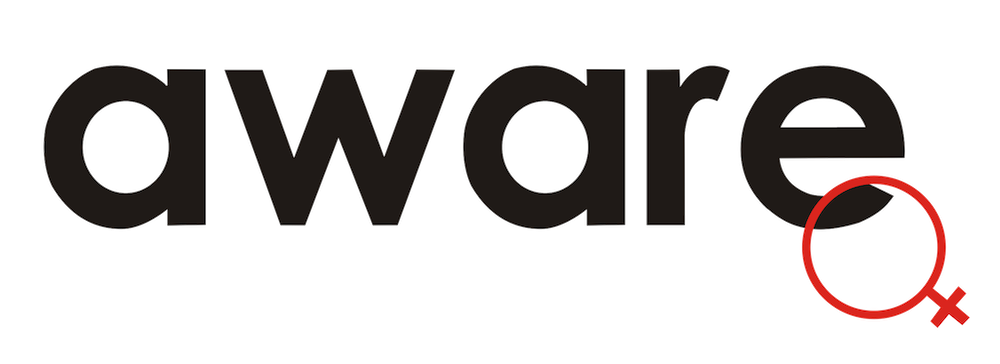Identifying what information about you is accessible online
Last updated: 08 June 2021
The guide helps you identify what information about yourself can be seen by others on the internet. This might be useful if you’re trying to keep someone from learning more about you or if someone has deliberately posted your personal information/images online.
This can be uncomfortable and time-consuming. Consider setting a limit to the time you spend searching for your information. You can also ask a trusted friend to help you with this, so that it isn’t all on you.
- If you are just interested in identifying whether particular images have been shared online, jump to: Search for images
- If you already know what information is out there and want to take actions to limit further harm, see our Guide to limiting unwanted contact

Search for your information
Google information
Note down the information that was shared about you, or the information that the other party (or parties) has. Look out for your:
- Personal information – first name, last name, phone number, home address, workplace, school, email address, photos of you
- Social media information – this could be social media handles/accounts they know about or follow(ed) – your Instagram, Tinder, Telegram, Facebook, LinkedIn, etc.
- Lifestyle information – if this is someone you’ve spoken with, or know in real life, consider the information you may have mentioned in conversation with them, such as your neighbourhood or usual routine
Google all of this information. Then, note down the new information you find and consider how they might link to one another. For example:
- Your first name and your workplace can lead to your full name and professional email address
- Your full name will likely lead to accounts such as Facebook and LinkedIn that require a real name
Browse social media accounts
Look at the content of your social media accounts and try to ascertain what could be learned about you.
- Do you have any information or links in the bio of this account, such as a link to another social media account? Remember that bios are visible on Instagram even for private accounts.
- Do your photos or posts reveal additional info about you, such as your neighbourhood?
- Do friends or groups tag you in posts or photos? Do their accounts include information about you, such as your school or other locations you spend time at? Are these posts public?
- Do you follow accounts linked to your school or any other specific group? (Your Instagram following list is visible to all if you are a public account, but only to followers if you are a private account.)
- Do you use the same username for your Telegram/ Instagram/ email/ etc.? If one of these has been shared, consider that people may try to contact you on all of these.
Search for images
If someone has shared or threatened to share an image of you online, and you have a copy of that image, you can perform an reverse image search to find out where/ whether the image was shared. Again, please proceed with caution as this can be very distressing. Consider asking someone to do this for you if possible.
How to search:
- Use original copies of the images
- Open a search engine that has a reverse image search tool (see below)
- Drag and drop the image into the search bar
- If there are no images found, the top result will be ‘No other sizes of this image found’
- If there are images found, the top result will be ‘find other sizes of this image’. By clicking ‘all sizes’, this will take you to a page with search results
- Repeat with multiple search engines to double check
Tip: You may also want to search for these images with your name, social media handle or other ID information.
Search engine links:
- Google images – select the camera icon photo_camera
- Bing visual search
- TinEye Reverse Image Search
(This information was adapted from Revenge Porn Helpline )
Check publicly accessible registrations
Do you own a website of any kind? When you registered your domain name, you likely had to list an address and phone number. You can check what info is displayed by running your websites using this Whois Lookup tool
Have you registered a business with ACRA? Your ACRA registration contains your name, NRIC, business address, and home address, and can be accessed by the public for a small fee.

Search again
Begin Googling again with the new information you have uncovered. Remember to combine terms, such as first name + social media handle + name + city + occupation, etc.
Repeat this process until you have a list of what information is available about you and where it can be found online.

Other actions to consider
Set up a Google alert
If you want to monitor information posted about you, you can set up a Google alert. This will prompt Google to send you an email when new results about you show up in a Google search.

Further resources
- New York Times (US): Guide to Doxxing Yourself on the Internet

